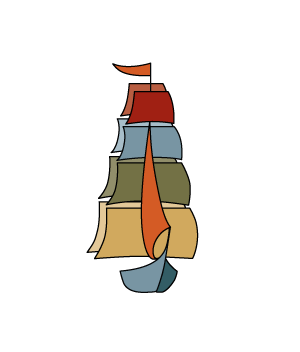Admission Policy for Discovery School’s
Moderate Intervention Program
Admission of any student to Discovery’s Moderate Intervention Program is subject to all the policies and procedures that apply to all admissions. Discovery School reserves the right to limit the enrolment of students in this category to maintain the integrity of existing programs.
Applications to the Moderate Intervention Program must include:
- Copies of all relevant assessment reports, submitted with the application
- An interview with the parents, following receipt of the application form
After the interview, the principal will assess the ability of the school to effectively educate the applicant, based on: level of service needed, equipment and facilities available and impact of the student on the student/teacher ratio in the classroom, and assess the school’s ability to effectively educate the student.
Students qualifying for our moderate intervention program may be:
- Students with moderate intellectual disabilities who are high functioning in relationship to academic and adaptive behavioural skills
- Students with a chronic health impairment but not a physically debilitating one (our building is not equipped)
- Students with visual impairments (we cannot accept blind students)
- Students who are hard of hearing (we cannot accept students who are profoundly deaf)
- High functioning students with autism who have significant communication skills.
- Students whose learning disabilities are accompanied by intensive behavioural and mental illness, which does not have an adverse affect on our ability to deliver a quality education to all students.
Please note that we assess each application individually, regardless of designation, and that Discovery School reserves the right to accept or decline the application based on any of the above criteria.
Guidelines
Our Moderate Intervention Program is an inclusive one. Students spend most of their time in their regular classroom, learning from their regular classroom teacher. They may be provided with a number of additional services either in the classroom, in another room, or off site. These services could include (but are not limited to):
- Individual or small group life skills development, with our Educational Consultant
- Speech and language therapy
- Vision training
- Occupational therapy
- Assistance from a Student Education Assistant
- Physical therapy
- Social skills therapy
- Counselling with a certified therapist
- Computer tutorials for learning adaptive technology
- SET BC Technology
- Provincial Outreach Programs
- Cognitive therapy
Services may vary from year to year, based on the availability of therapists and the needs of individuals requiring services.





